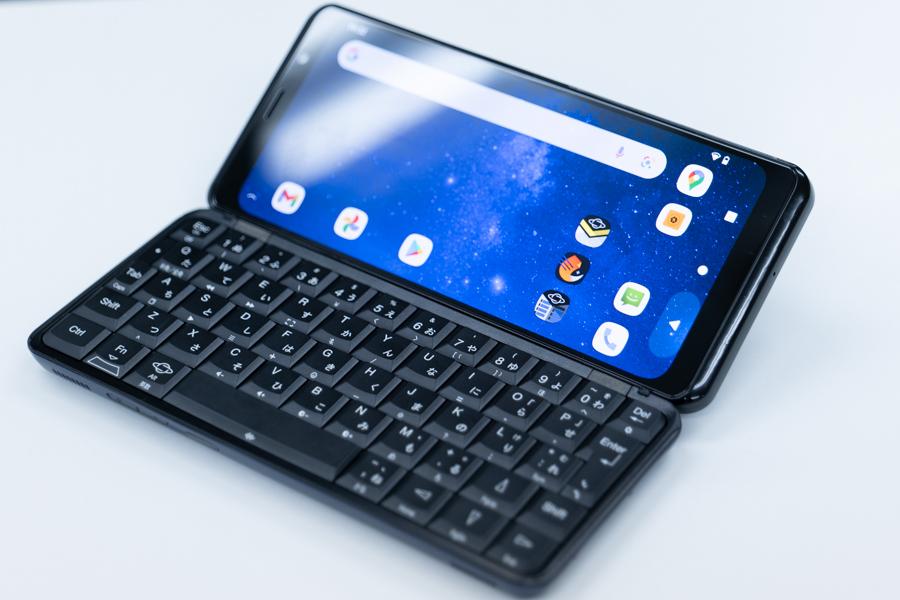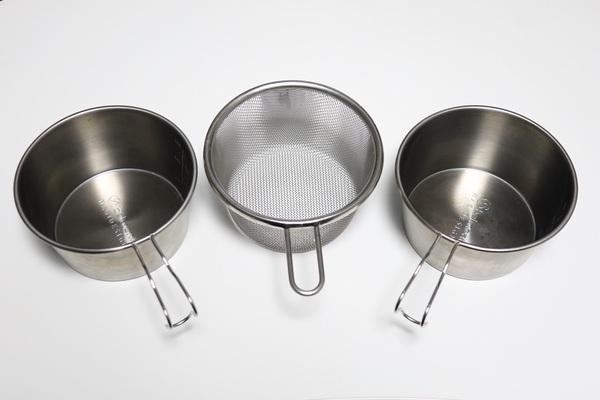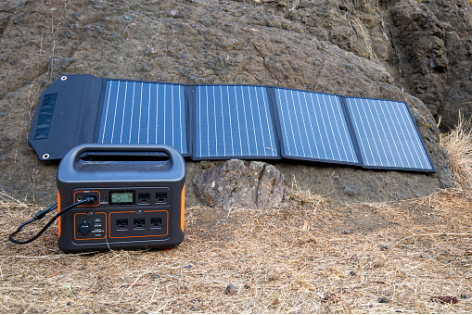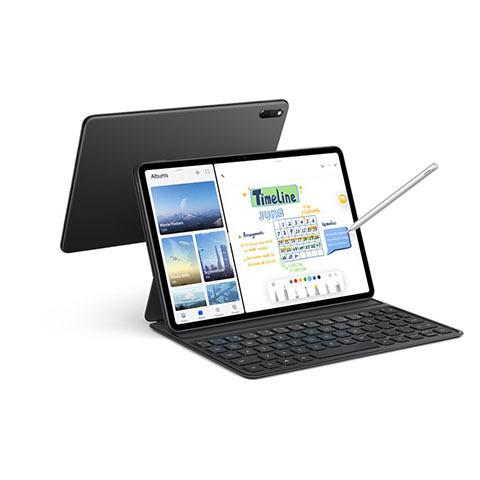Windows 11 now supports some 7th generation Intel Core CPUs-Surface Studio 2 can also be updated
- 892
- 98
Windows 11 now supports some 7th generation Intel Core CPUs-Surface Studio 2 can also be updated
- By huaweicomputers
- 08/05/2022
Microsoft announced on August 27 (local time) that it has updated the minimum system requirements for "Windows 11". In formulating the system requirements for Windows 11, the company has three principles: enhanced security, improved reliability, and ensuring compatibility, but the 7th generation "Intel" was not initially included in the minimum system requirements. The following models have been added to the support list, assuming that some of the "Core" processors meet this principle.
However, for "Intel Core 7820HQ", only devices equipped with the latest driver based on the DCH (Declarative, Componentized, Hardware Support Apps) design principle are targeted. This includes "Surface Studio 2" and so on.
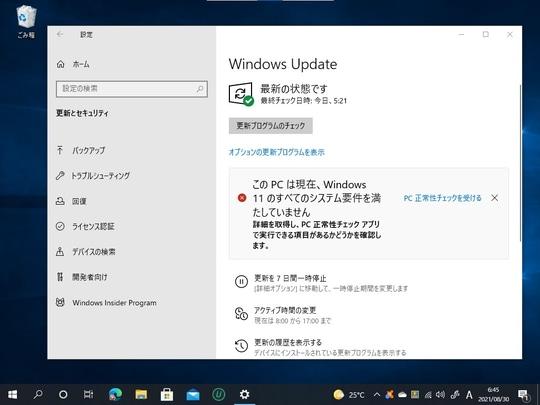
On the other hand, as for the 1st generation "AMD Zen" processor, after careful consideration in collaboration with AMD, it was not added to the list of supported CPUs.
So, except for the addition of a few CPU models, the minimum system requirements for Windows 11 are pretty much the same as they were originally. The "PC Health Check" tool, which updates the supported CPU models, is expected to be released to the general public within the next few weeks.
| item | System requirements |
|---|---|
| processor | 1GHz or higher, 2 cores or higher, 64-bit compatible CPU / SoC (Basically 8th generation or later Intel Core, 2nd generation or later AMD Zen, Qualcomm 7/8 series or later) |
| Main memory | 4GB |
| storage | 64GB or more |
| System firmware | UEFI, secure boot support |
| Security chip | TPM 2.0 |
| Graphics card | DirectX 12 compatible, WDDM 2.0 |
| display | Diagonal 9 inches or more, 8bit color, 720p |
According to the company, this minimum system requirement is necessary to maintain OS reliability and security, as well as compatibility with popular apps ("Microsoft Office" and "Microsoft Teams"). According to data from the Windows Insider Program, devices that don't meet this minimum system requirement have a 52% increase in kernel-mode crashes, 17% hardware app hangs, and 43 first-party app crashes. % Increased. In addition, "TPM 2.0" and "TPM 1.2", UEFI secure boot, and virtualization-based security (VBS) are indispensable for enhancing security.
For devices that can't deploy Windows 11, we'll continue to use it with Windows 10, but Windows 10 will be supported until at least October 14, 2025. In addition, some new features will be introduced in the next feature update "Version 21H2" scheduled to be released later this year, and we can expect continuous enhancements and improvements in the future.
Related articleNew features of "Windows 10 version 21 H2" implemented, now available on Release Preview channel


